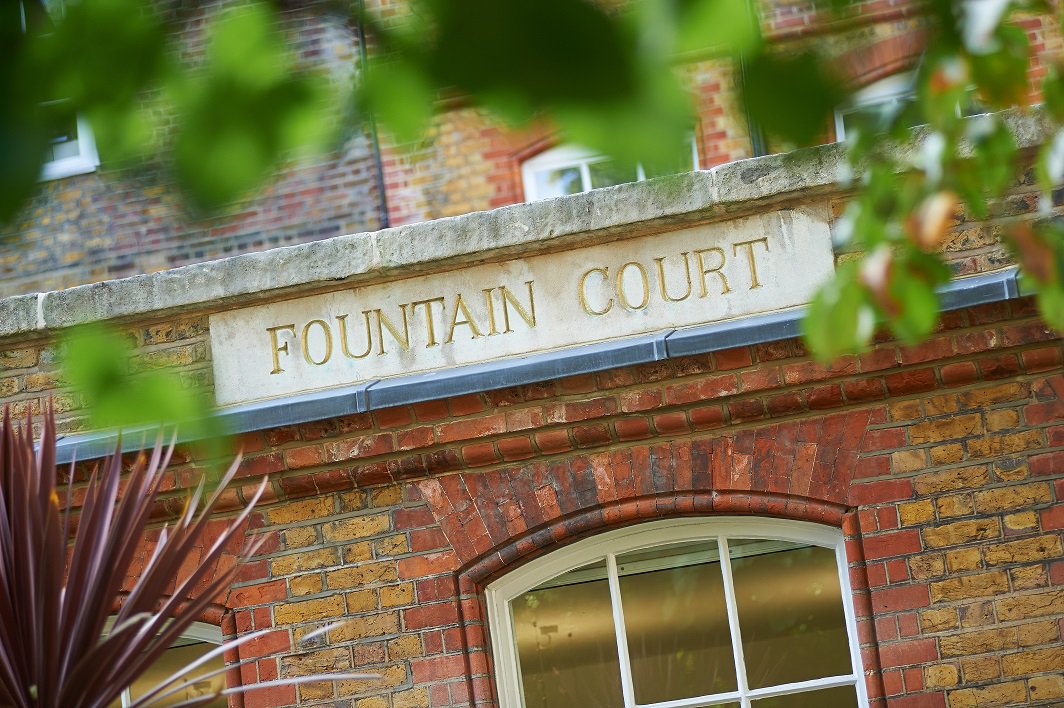
Bankim Thanki QC and Nico Leslie have succeeded for Shell in a high-profile privilege appeal that had attracted significant attention from the legal profession. On 22 October 2019, the Court of Appeal handed down judgment in Curless v Shell International, granting the company’s appeal from a decision of Mrs Justice Slade in the Employment Appeal Tribunal. The Court of Appeal also lifted the reporting restrictions that had previously been put in place.
The Claimant had been a senior lawyer at Shell, one of the largest energy conglomerates in the world. He had brought employment tribunal proceedings against the company in 2015 alleging unfavourable treatment and discrimination on account of a protected medical condition. While that claim was ongoing Shell acquired BG Group (formerly British Gas) and commenced a company-wide redundancy review and the Claimant’s employment was terminated with effect from 31 January 2017.
The Claimant brought a second employment claim. He alleged that his dismissal for redundancy was a sham and that, in fact, he had been dismissed for having commenced proceedings against the company. He claimed that the redundancy exercise had been used as a cloak for that unlawful act of victimisation. In support of that case, he relied on an email between internal lawyers acting for Shell from April 2016, and an overheard conversation in a pub on Fleet Street.
Shell applied to strike out those parts of the claim on the basis that they referred (or purported to refer) to privileged material. The Claimant claimed that the communications disclosed an unlawful scheme to conceal victimisation and so fell within the ‘iniquity’ exception to legal professional privilege (“LPP”). At first instance, the Employment Tribunal judge (i) the accepted the Claimant’s evidence as to the pub conversation; but (ii) held Shell was entitled to claim privilege over the conversation and email. The Claimant appealed successfully to the Employment Appeal Tribunal. Mrs Justice Slade held that the email in question recorded “advice on how to cloak as dismissal for redundancy dismissal of the Claimant for making complaints of disability discrimination and for asking for reasonable adjustments” and was sufficient to engage the ‘iniquity’ exception to LPP; she declined to strike out those parts of the claim. Shell made a further appeal to the Court of Appeal with permission granted by the EAT.
Bankim Thanki QC and Nico Leslie, who did not appear below, were instructed by Shell on that further appeal. The Court (Sir Terence Etherton MR, Lewison and Bean LJJ) accepted Shell’s submissions that the email in question did not disclose any unlawful scheme; it also rejected the Claimant’s late application to adduce further privileged documents said recently to have come into his hands. Although that disposed of the appeal, the Court of Appeal also recorded Shell’s wider submissions as to the true extent of the ‘iniquity’ exception to LPP. Shell had argued that the extent of that exception appeared to have been extended in recent cases beyond a test of dishonesty to a more general one of public policy; in its submission, this was wrong in principle and inconsistent with the House of Lords’ decision in R Derby Magistrates ex parte B.
However, in light of its findings, the Court restricted itself to noting that Shell’s submissions raised “an important argument, which will no doubt have to be decided one day; but not in this case”.




